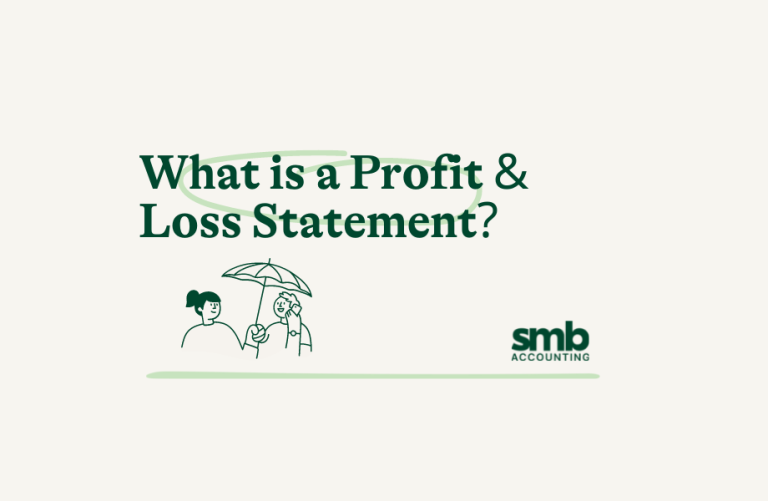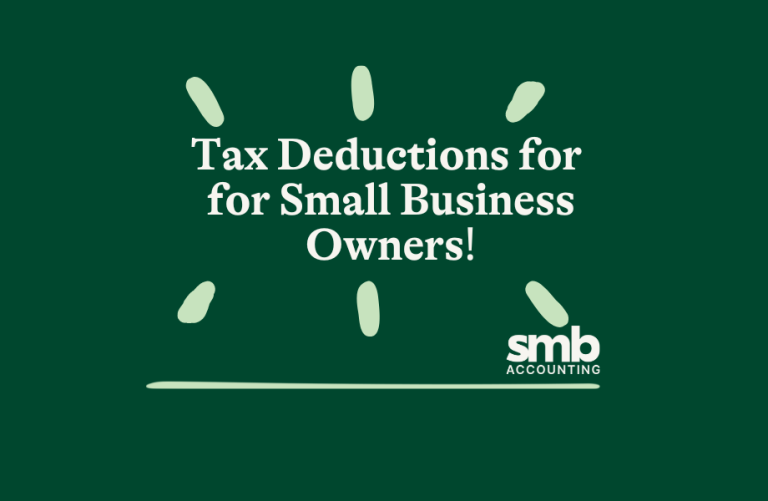Tax season can be a stressful time for small business owners, but with the right preparation, it doesn’t have to be. By taking some simple steps throughout the year, you can ensure that your finances are in order when it’s time to file your taxes. This proactive approach not only eases the burden come tax time but also helps you stay on top of your business’s financial health.
Having accurate and up-to-date records is crucial because it enables you to maximise potential deductions and ensures compliance with tax regulations. Utilising tools like Xero or MYOB can simplify this process, offering a streamlined way to track income and expenses efficiently.
Understanding the tax deductions and credits available to your business can also significantly impact your tax outcomes. By knowing what expenses you can claim, you can save money and reinvest in your business. Preparing well in advance of tax season means you can focus less on paperwork and more on running your successful business.
Organising Financial Records for Tax Time
Keeping accurate and up-to-date financial records is critical to a business’s success and compliance during tax season. Well-organised records ensure you capture all eligible expenses and revenue, providing a clear picture of your financial position. This accuracy is essential when preparing tax returns, helping avoid miscalculations or omissions that could lead to penalties.
Using accounting software like Xero or MYOB can transform how you manage your finances. These tools are designed to streamline financial tracking, making it easier to monitor income, expenses, and cash flow in real time. With features that allow for automatic bank feed imports, you can reduce the manual entry workload and enhance data accuracy.
Xero and MYOB also offer integrated reporting functions, making it simple to generate financial statements that are needed for tax preparation. By categorising transactions throughout the year, you’ll make tax time more manageable and efficiently collate the information needed for your tax return. Additionally, these platforms allow you to store digital receipts and documents, ensuring they are easily accessible and organised.
Incorporating these tools into your financial management processes not only saves time but also positions your business for tax season without the usual stress or rush.
Understanding Tax Deductions and Credits
Navigating the world of tax deductions and credits can yield significant savings for small businesses. Knowing what deductions your business qualifies for is crucial in reducing your taxable income. Common deductions include costs related to running your business, such as office rent, utilities, and the cost of goods sold. Marketing expenses, insurance premiums, and even professional memberships could also be deductible.
Tax credits differ from deductions by directly reducing the amount of tax payable. In Australia, small businesses may qualify for various credits designed to support business activities or investments. Research and development (R&D) tax incentives, for example, provide credits for businesses investing in innovation.
To ensure you’re claiming all eligible deductions and credits, keep thorough records and receipts throughout the year. Regularly review the Australian Tax Office (ATO) guidelines, or consult with a tax professional to stay informed about any changes or updates. Correctly identifying and claiming these can save your business money that you could reinvest into growth and development.
A proactive approach in understanding and applying deductions and credits ensures compliance and maximises your potential tax benefits, securing your business’s financial well-being.
Creating a Tax Checklist
Having a well-organised tax checklist ensures nothing is overlooked as tax season approaches. This list serves as a roadmap, guiding you through the necessary steps for a smooth filing process. Begin by gathering all financial documents, such as bank statements, income reports, and receipts for deductible expenses. Keeping these documents organised and readily accessible is crucial.
Include in your checklist the task of reviewing past tax returns. This review helps identify any patterns or errors you want to address this year. It can also remind you of recurring deductions or credits you might otherwise forget. Make a note of significant changes in your business operations that might impact your tax situation, such as large asset purchases or new income streams.
Another key item involves reconciling your accounts to ensure that your records match your bank statements. This step guarantees that all transactions have been recorded accurately. Finally, keep track of deadlines and ensure that all forms are completed in a timely manner. This foresight helps avoid potential penalties for late submission or missing information.
By methodically checking off each task, you minimise the risk of oversight and can feel more confident and prepared when submitting your tax return.
Seeking Professional Tax Assistance
Consulting with a tax professional offers numerous benefits that can enhance your tax preparation process. Their expertise ensures your tax return is accurate, comprehensive, and compliant with the latest tax laws. This professional guidance is invaluable, especially with the complexities small businesses face in understanding tax regulations.
Tax professionals can identify deductions and credits you might miss, potentially saving your business money. They tailor advice to suit your specific circumstances, offering strategies that optimise your tax situation both short-term and long-term. With their help, you can develop a tax plan that aligns with your business goals and financial outlook.
Additionally, professional assistance provides peace of mind, knowing that your taxes are handled correctly. This support reduces the stress of tax season and allows you to focus on other critical business operations. Consider professionals who have experience working with small businesses and understand the challenges they face.
Engaging a tax professional isn’t just about compliance; it’s a strategic move to ensure that you’re not paying more tax than necessary and to keep your business financially healthy.
Conclusion
Preparing for tax season doesn’t have to be a daunting task. With the right approach, you can ensure that your small business is ready and compliant when tax time arrives. Keeping accurate financial records, understanding your deductions, following a structured checklist, and seeking professional advice can significantly ease the process.
These preparations safeguard against potential errors and help optimise your financial outcomes. Tax season becomes less about stress and more about taking advantage of the opportunities to enhance your business’s financial health.
For personalised support and expert advice tailored to your business needs, contact our tax consultants at SMB Accounting. Our experienced team can help you navigate tax season with confidence, ensuring you maximise your deductions and maintain compliance with ease. Let us support you in making tax season a smoother, more efficient experience.




